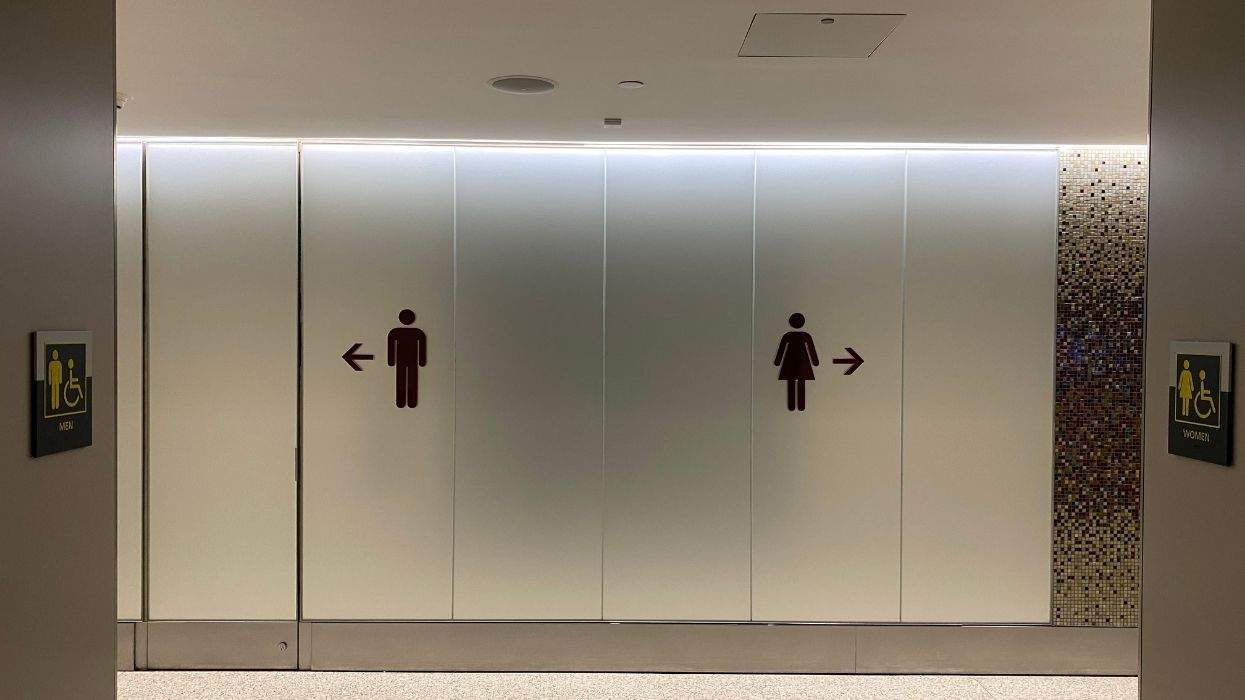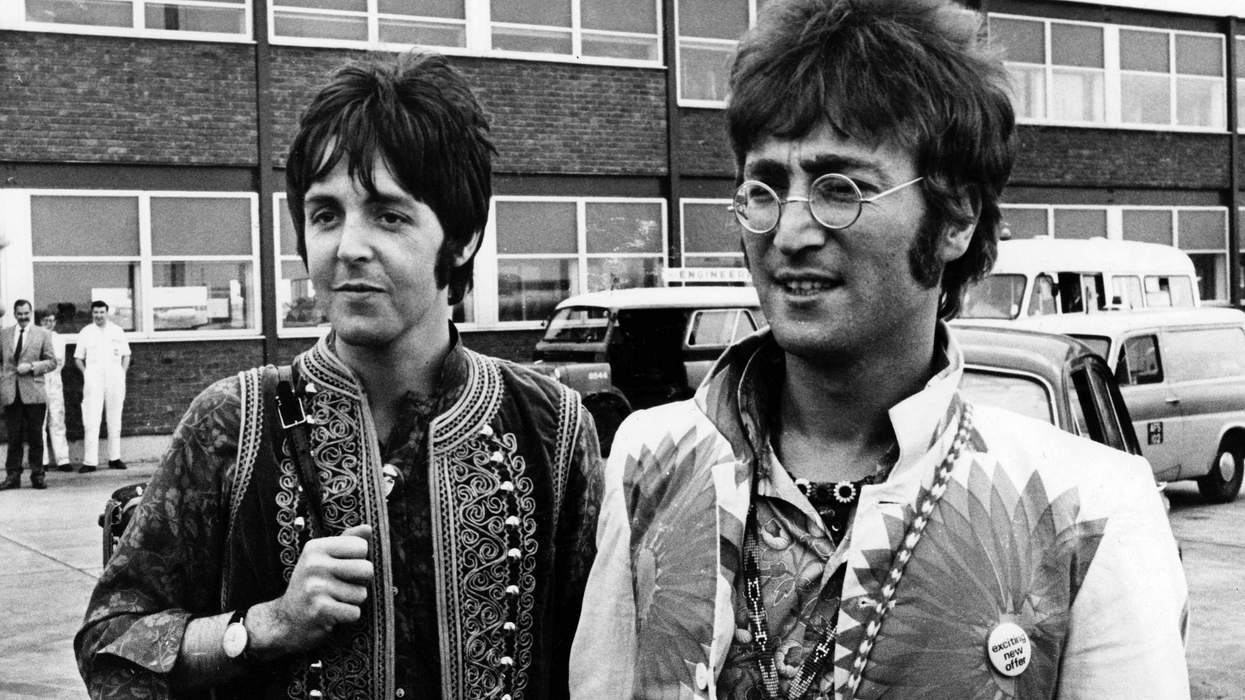In the two decades since AIDS began sweeping the globe, it has often been labeled as the biggest threat to international health.
But with revised numbers downsizing the pandemic -- along with an admission that AIDS peaked in the late 1990s -- some AIDS experts are now wondering if it might be wise to shift some of the billions of dollars of AIDS money to basic health problems like clean water, family planning, or diarrhea.
''If we look at the data objectively, we are spending too much on AIDS,'' said Dr. Malcolm Potts, an AIDS expert at the University of California, Berkeley, who once worked with prostitutes on the front lines of the epidemic in Ghana.
Problems like malnutrition, pneumonia, and malaria kill more children in Africa than AIDS.
''We are programmed to react quickly to small children with AIDS in distress,'' Potts said. ''Unfortunately, we don't have that same reaction when looking at statistics that tell us what we should be spending on.''
The world invests about $8 billion to $10 billion in AIDS every year, more than 100 times what it spends on water projects in developing countries. Yet more than 2 billion people do not have access to adequate sanitation, and about 1 billion lack clean water.
In a recent series in the journal The L ancet, experts wrote that more than one third of child deaths and 11% of the total disease burden worldwide are due to mothers and children not getting enough to eat -- or not getting enough nutritional food.
''We have a system in public health where the loudest voice gets the most money,'' said Dr. Richard Horton, editor of The L ancet. ''AIDS has grossly distorted our limited budget.''
But some AIDS experts argue that cutting back on fighting HIV would be dangerous. ''We cannot let the pendulum swing back to a time when we didn't spend a lot on AIDS,'' said Dr. Kevin De Cock, director of the department of HIV/AIDS at the World Health Organization. ''We now have millions of people on treatment, and we can't just stop that.''
Still, De Cock once worked on AIDS projects in Kenya, his office just above a large slum. ''It did feel a bit peculiar to be investing so much money into antiretrovirals while the people there were dealing with huge problems like water and sanitation,'' he said.
Part of the issue is advocacy, from celebrity ambassadors to red ribbons. ''No one is beating the drum for basic health problems,'' said Daniel Halperin, an AIDS expert at Harvard University's School of Public Health.
Aside from southern Africa, most of the continent has relatively low rates of HIV and much higher rates of easily treatable diseases like diarrhea and respiratory illnesses. Yet much of the money from the West, especially from the United States, goes into AIDS.
Halperin recently wrote a commentary in The New York Times on the imbalance and said he was astounded by the response. Most were positive, he said, with many AIDS experts agreeing it was time to reexamine spending.
Most AIDS officials say the solution is to boost the budget for all of public health. ''Why does the public health budget have to be so limited?'' asked Tom Coates, a professor of global AIDS research at the University of California, Los Angeles. ''Let's not drag AIDS care and prevention down to the level of every other disease, but let's bring everything else up to the level of AIDS.''
But that may be wishful thinking. ''At the end of the day, there are limits to how big the public health pie can be,'' Halperin said.
Since the discovery of antiretrovirals to fight HIV in the 1990s, AIDS has virtually become a chronic, treatable disease in the West. But the disease has not been conquered so easily in Africa. Not only are the AIDS drugs too expensive for most patients, but major problems in the health system need to be fixed first.
''It's hard to get Western donors to listen,'' said Dr. Richard Wamai, a Kenyan doctor at Harvard's School of Public Health.
Wamai said that some African health systems are so weak, they cannot absorb the donations, and AIDS drugs are sometimes left in warehouses because governments cannot distribute them.
"Trying to redirect AIDS money will take a long time,'' Wamai said. ''It's a bit like trying to stop an ocean liner.'' (AP)














Charlie Kirk DID say stoning gay people was the 'perfect law' — and these other heinous quotes
These are some of his worst comments about LGBTQ+ people made by Charlie Kirk.